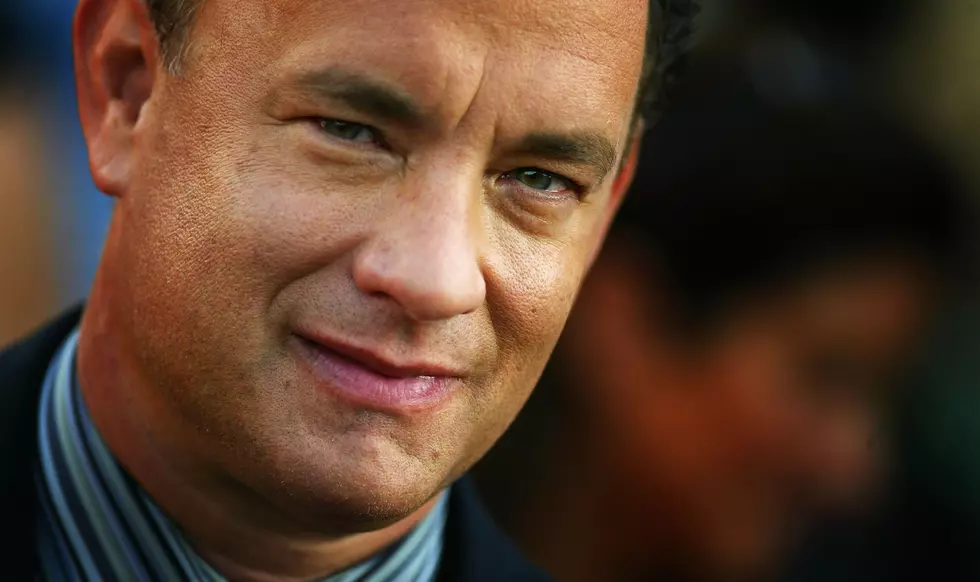
Dee Snider Reveals the ‘Greatest’ Enemy of Free Speech, Says ‘Elon Musk Is a Champion of It’
Twisted Sister legend Dee Snider has revealed what he feels is the "greatest enemy" of free speech, arguing that Elon Musk, the billionaire business mogul who owns X (formerly Twitter) and is behind the revolutionary companies Tesla, SpaceX, Starlink and more, is a champion of this perceived enemy.
Snider, a noted political moderate who does not strictly align with one political party or another, opened up about a "misinterpretation" of the oft-cited First Amendment of the U.S. Constitution — the one regarding free speech — in a recent interview with 90.3 WMSC FM.
Dee Snider on the Enemy of Free Speech
Responding to a question, Snider contends (transcription via Blabbermouth), "The greatest enemy of free speech is the misinterpretation of what the First Amendment means. There's this idea, and Elon Musk is a champion of it, that free speech is saying anything you want whenever you want. That is not what they meant when they wrote the First Amendment."
Musk, since taking over Twitter last year and rebranding it as X, has been a major proponent of "free speech" on the social media platform. He has been been scrutinized for looser content moderation policies that what users had experienced under previous ownership. Meanwhile, the U.S. Department of Justice is investigating whether or not the company was compliant with a privacy order issued by the FTC (Federal Trade Commission).
Offering examples of what the First Amendment does not protect concerning free speech, the singer continues, "You never could say something that could endanger someone's well-being, whether it's physical or mental, with your words. You were never allowed to scream 'Fire' in a crowded movie theater when there's no fire, because people can be hurt. You can't say things to people or post things online that could hurt people psychologically, mentally and physically destroy their lives."
Regarding the above, Snider urges, "That's not free speech. That's being an [asshole]. Okay, so there's a difference between being an [asshole] and having free speech."
With that cleared up, he reiterates, "So that's the biggest threat, quite honestly, is a misinterpretation of what free speech means."
READ MORE: Twisted Sister's Dee Snider Names His Five Favorite Albums of All Time
About the First Amendment of the U.S. Constitution
Concerning free speech, the First Amendment of the Unites States Constitution states, "Congress shall make no law respecting an establishment of religion, or prohibiting the free exercise thereof; or abridging the freedom of speech, or of the press; or the right of the people peaceably to assemble, and to petition the government for a redress of grievances."
Cornell Law School summarizes this amendment as follows: "The First Amendment guarantees freedoms concerning religion, expression, assembly, and the right to petition. It forbids Congress from both promoting one religion over others and also restricting an individual’s religious practices. It guarantees freedom of expression by prohibiting Congress from restricting the press or the rights of individuals to speak freely. It also guarantees the right of citizens to assemble peaceably and to petition their government."
Musicians Who Ran for Political Office
Gallery Credit: Todd Fooks
16 of the Most Political Rock + Metal Bands
Gallery Credit: Jordan Blum
More From 96.3 The Blaze









